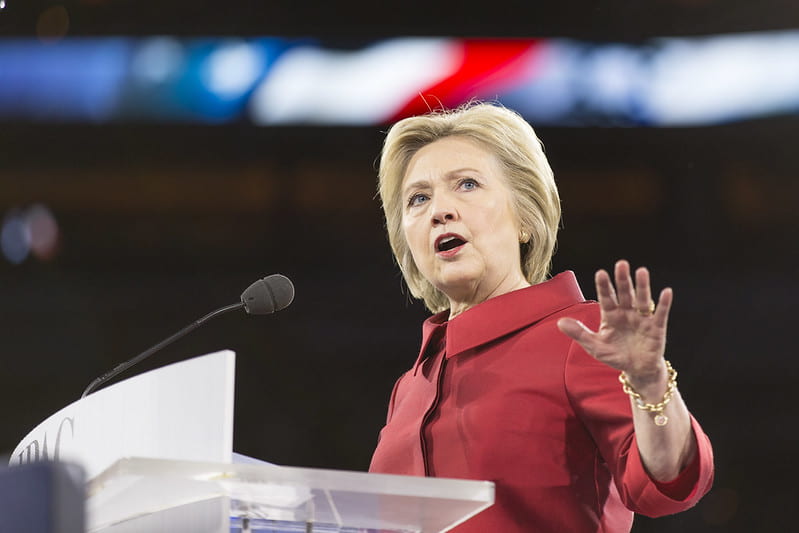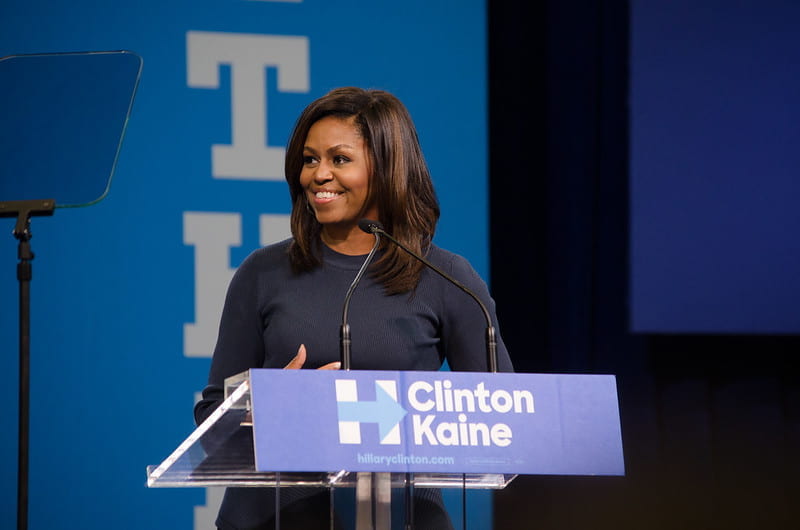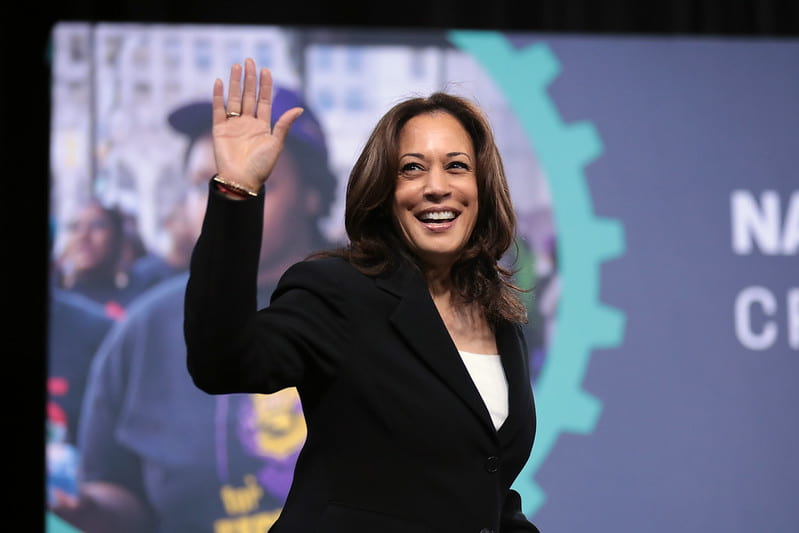
On December 11th, a Wall Street Journal article was released critiquing the future First Lady’s, Jill Biden, use of the label “Dr.” The author stated that the “Dr.” in front of Dr. Biden’s name is fraudulent because it represents her doctorate in education instead of representing Dr. Biden as a medical doctor. The author also states that the title of a PhD or EdD (Doctorate in Education) might have once held prestige due to the rigor of past post-graduate programs, but no longer could be considered prestigious. As a daughter of four proud PhD holders, two of which who have PhDs in education, I found this article incredibly ignorant and insulting. However, I was most struck by the blatant encouragement of the double standards placed on women, especially women in politics.
In 2020, only 23.6% of the United States Congress is composed of women. That is 126 women out of the total 535 Congressional members, with 105 of the women represented by the Democratic Party and 21 represented by the Republican Party. To further break this down, 25% (or 25 members) of the Senate are women and 23.2% (or 101 members) of the U.S. House of Representatives are women. The lack of women representation in United States politics is shocking, especially considering the amount of women’s health and rights legislation is debated upon in the government each year. It is evident that there is a significant lack of women in the political field and those few women who have managed to succeed in such a male dominated sphere face intense scrutiny and misogyny from insiders and outsiders alike.

This fact is highlighted by many women in politics, but especially the experience of Hillary Clinton in the 2016 presidential election and then Elizabeth Warren in the 2019 democratic party runoff. In 2016, Clinton made history by becoming the first woman to win a major party’s nomination. The reactions to her nomination were blatantly sexist. While there were many objections to the policies proposed by Clinton, a primary objection to her presidential bid was her “lack of likeability.” Her supporters were described as “disconnected” and “unlikable.” She was often compared to Massachusetts senator Elizabeth Warren, a woman who, in 2016, was considered a much more likeable alternative to Clinton. Two years later, during Warren’s presidential bid, many of the characteristics applied to Clinton in 2016 were applied to Warren.
Former First Lady Michelle Obama was the subject of media and political scrutiny during and after her husband’s presidential terms. While Obama headed many interesting initiatives during her time as first lady, much of the criticism was focused on her looks and likeability. Even worse, the criticism appeared to be levied towards her identity as a woman of color. Obama has been called by prominent politicians and media outlets alike an “ape in heels,” a “gorilla face,” and a “poor gorilla.” She was said to not have the “look” of a first lady and thought to weigh too much to care about the health of the country, in direct response to her campaign to help the United States exercise more and eat healthier. In a similar fashion, she was criticized for eating too much and not supporting dessert. One person even stated that she had no business, as First Lady, being involved in such things as the health of Americans.

The criticism of women in politics is not just levied toward Democratic politicians. In October 2020, tapes of a secret 2018 recording of Melania Trump were released. In these tapes, Trump expressed frustration in the double standard placed on women in the White House. At the time the recordings were made, Trump was expected to work on the White House Christmas decorations, decorations that were later mercilessly mocked on social media platforms and media outlets. However, she was also being criticized for President Trump’s policy regarding the separation of families. Trump’s frustration is over the expectation placed on her, and other First Ladies, to prepare and organize the Christmas decorations for the White House, an arguably trivial thing to the general public.

The political field has proven to provide some of the most difficult boundaries for women. As of 2020, the United States has continued to fail in electing a woman president. The media has continued to be more interested in the fashion habits and likeability factor of prominent female politicians instead of their support or lack thereof of pieces of legislation. There have been great strides for women despite the many challenges. Yesterday, Kamala Harris became the first woman vice president in United States history. She is also the first person of color in the position as well. Today, we celebrate VP Harris and the women on whose shoulders she stands. While we recognize these achievements, we continue to call out the sexist tendencies that persist in media and in the political sphere, and we continue to work towards the day when women are represented equally in these spaces.
